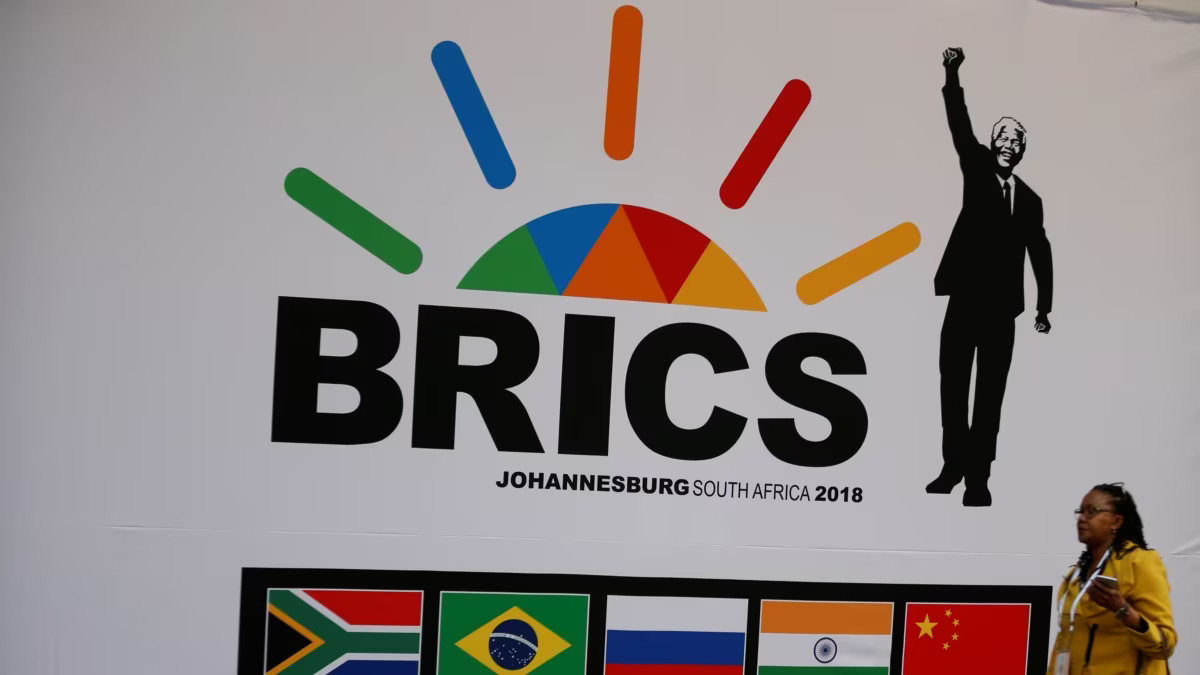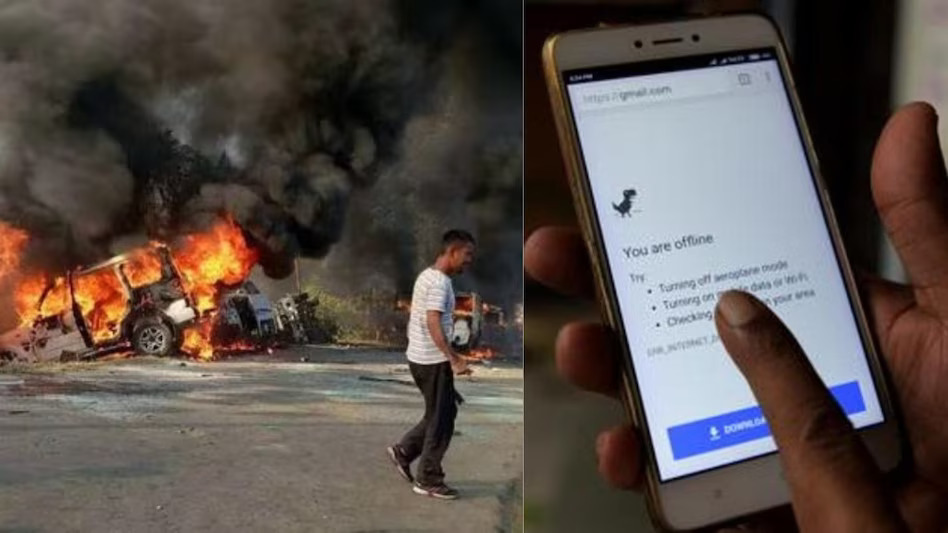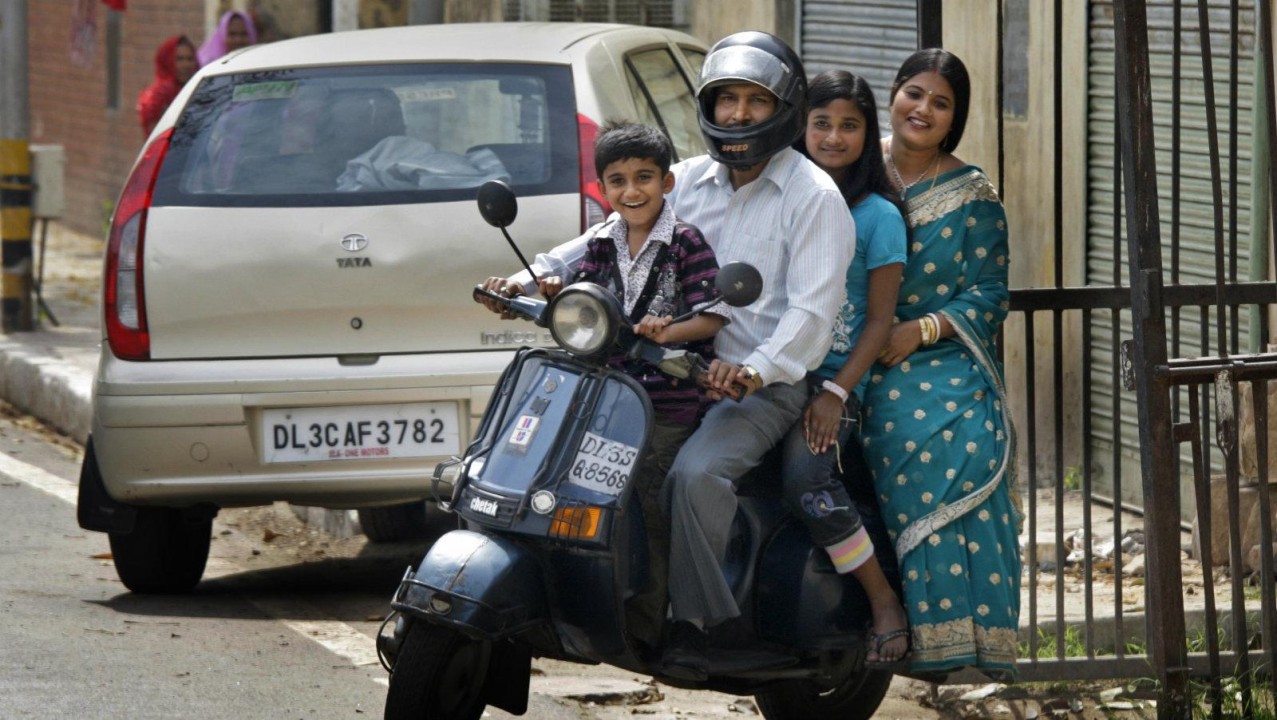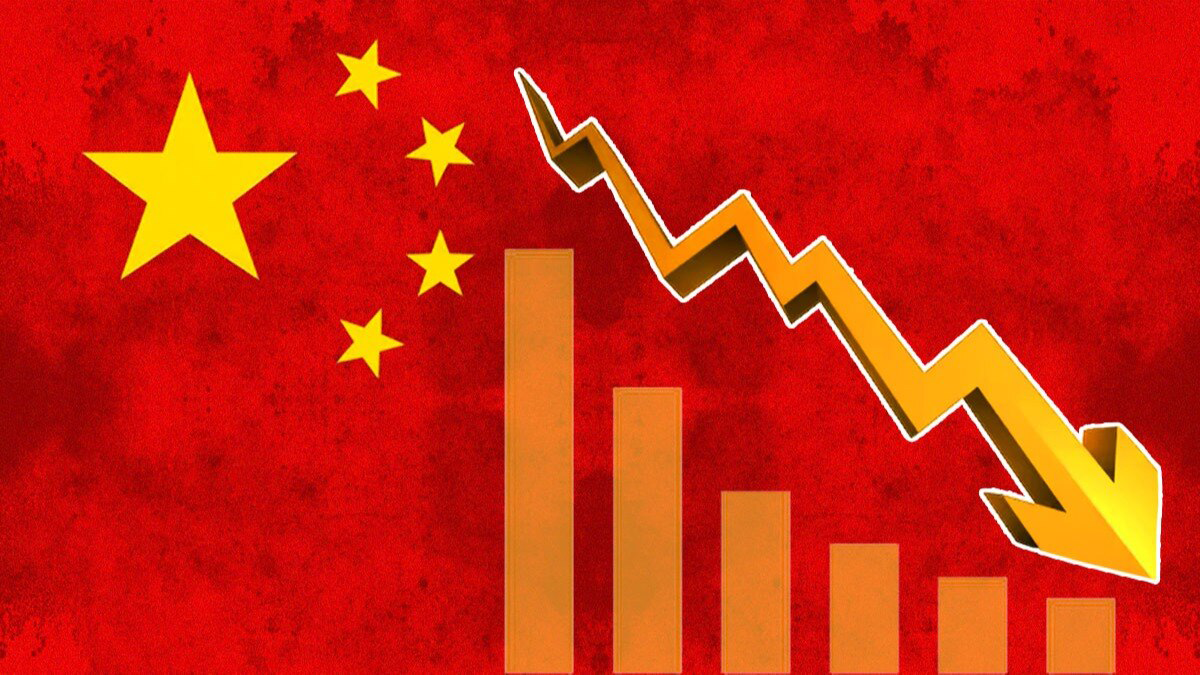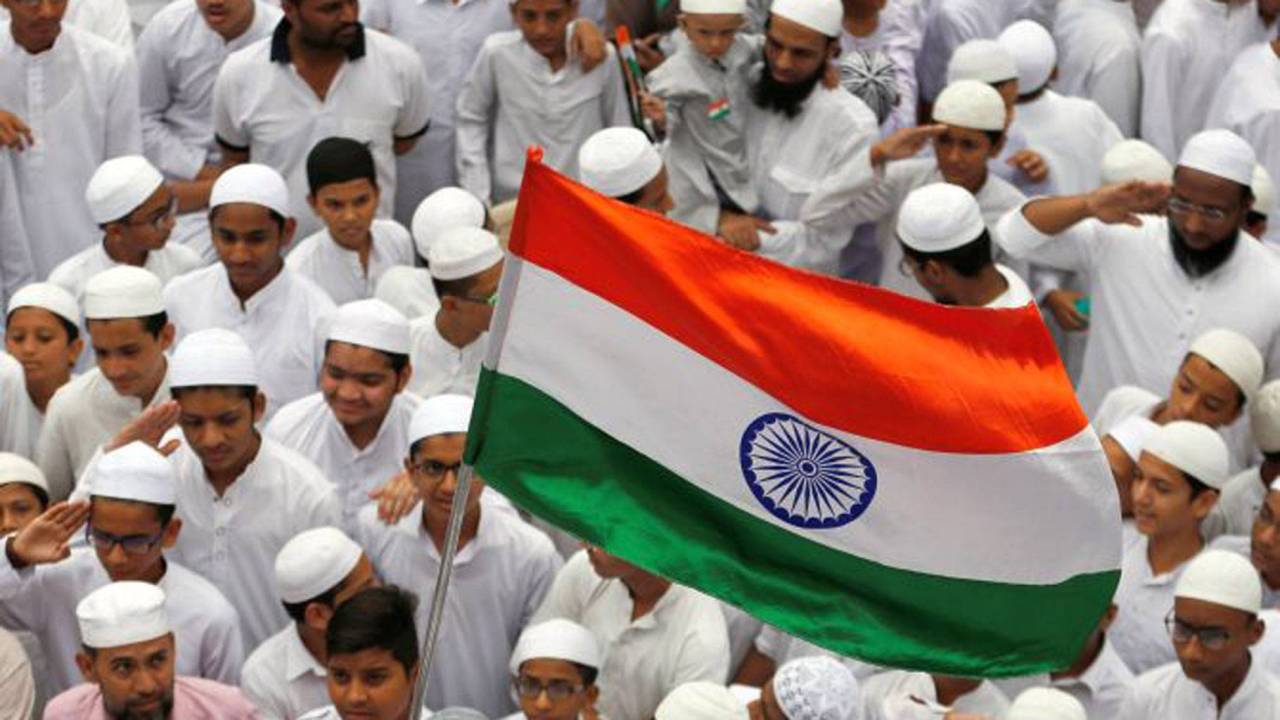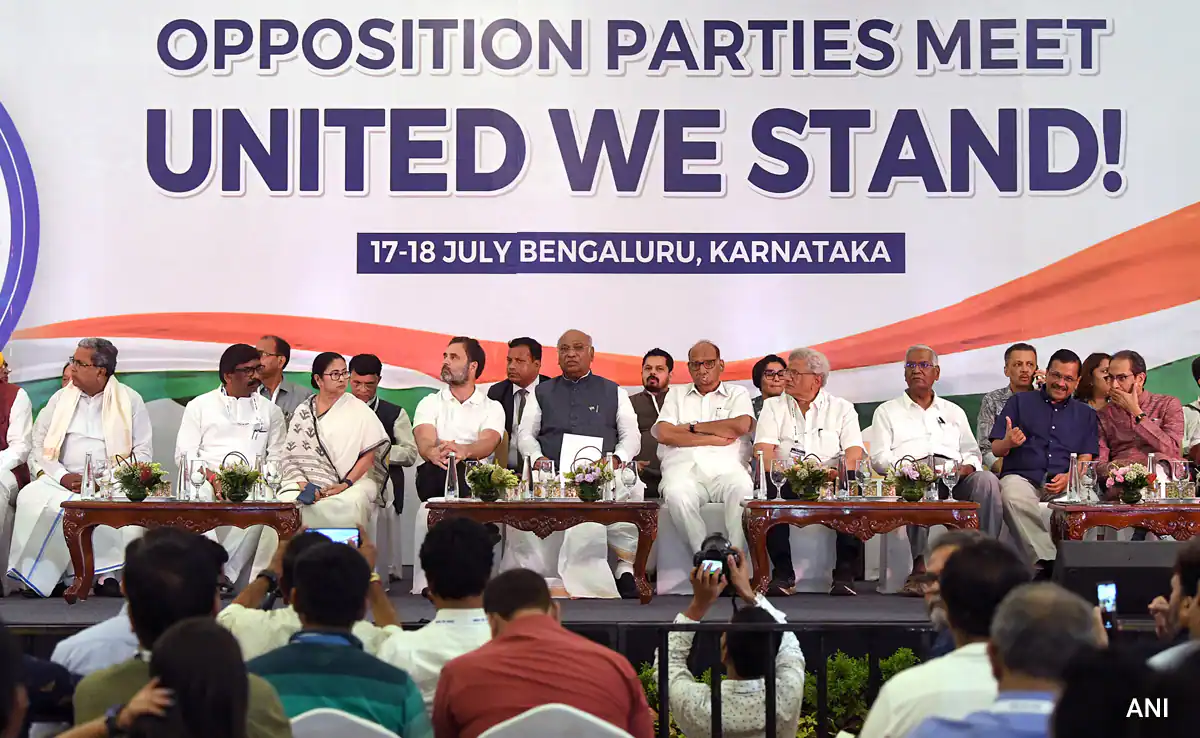The BRICS (Brazil, Russia, India, China, and South Africa) Summit 2023 will take place in Johannesburg, South Africa, from September 22 to 24. Pre-summit discussions reveal that there are a few distinctive and important things to watch out for. For starters, Russian President Vladimir Putin will skip the summit for the first time due to an arrest order issued against him by the International Criminal Court, which might result in a war crimes prosecution upon his arrival in South Africa. The other is BRICS expansion, which will be the subject of a thorough debate during the summit.
It’s interesting to note that the growth of BRICS to incorporate new member nations is not only the reason that they would likely have to come up with a creative moniker but also the reason that more than 40 countries have indicated interest in joining it. The induction standards for new members are another concern, as is how a successful expansion might affect current members.
The establishment of the ‘BRICS-Plus Circle’ at the 2017 Summit, to which China invited Egypt, Kenya, Tajikistan, Mexico, and Thailand, set the stage for the formalisation of BRICS expansion. The summit’s goal was to foster inclusivity, openness, and cooperation between BRICS members and other emerging market economies and developing nations. Bangladesh, Bhutan, Nepal, Thailand, Myanmar, and Sri Lanka had already been invited to the summit by India in 2016.
Since then, enlargement has not only been on the agenda of several summits, but the BRICS New Development Bank (NDB) has also added Bangladesh, the United Arab Emirates, and Egypt as new member nations to its financial scope.
Several nations have formally sought to join the BRICS before the 2023 summit, including Saudi Arabia, the UAE, Bahrain, Argentina, Algeria, Egypt, Iran, and Indonesia. Many more people are apparently on the list. Despite all of BRICS’s flaws, this is the case. In addition, there is a great deal of doubt about China’s continued emphasis on expansion.
According to analysts, other BRICS members, particularly India, are fearful of China exploiting the growth path to forge a separate loyalist group inside the organisation. Brazil and India have both argued for a cautious approach to expansion, with India arguing in the Beijing Declaration at the 2022 Summit that it is necessary to “clarify the guiding principles, standards, criteria, and procedures for this expansion process with “full consultation and consensus.”
Particularly, Brazil sought to invite Venezuela to the BRICS Outreach Session at the 2019 Summit, but the other participants declined since they did not at the time recognise Juan Guaidó as the legitimate president of Venezuela. Brazil cancelled the Outreach Summit, exposing internal divisions.
So why do nations continue to apply to join the BRICS? There are a few factors that may make other emerging economies wish to join the alliance. The first is the BRICS’s reputation and brand name. Brazilian Foreign Minister Mauro Vieira stated in 2022: “BRICS is a brand and an asset, so we have to take care of it, as it means and represents a lot. The declaration reveals the importance that the BRICS members place on the group’s reputation as a voice for emerging markets.
Naturally, nations from the Global South that are aspiring for more influence in global governance may see value in joining such an organisation. For instance, analysts contend that since Mexico, which has indicated interest in joining BRICS, fears US military participation in its cartel conflicts, becoming a member of the alliance may eventually provide it with a sense of security while also increasing its influence globally.
Second, joining the BRICS presents a variety of economic benefits. For instance, new members could find it simple to reach the big marketplaces in China and India.
Additionally, they would have access to financing from the NDB and other BRICS economic institutions, such as the Interbank Cooperation Mechanism (ICM). ICM, which was established during the 2013 BRICS Summit in Durban, enables member nations to complete financial transactions and fund investments in local currencies. Even the NDB has said that as part of its strategy cycle from 2022 to 2026, 30% of the bank’s overall volume of funding will be in the native currencies of its members.
Access to cash under such methods may help nations that are struggling economically as a result of Western sanctions against Russia during the conflict in Ukraine and are also subject to sanctions by the US and its allies (such as Iran).
Finally, being a member of the BRICS brings a sense of equality among nations. Any resolved resolution is the best common minimum that all member nations agree on since the grouping has a flat hierarchy, consensus, and equal say on all subjects.
Of course, the procedure will probably get more intricate and convoluted with the addition of other participants. But the choices made will also more accurately reflect the preferences of developing markets and economies. The expansion process is protected against influence-peddling by the Chinese or the Russians precisely because decisions are made based on consensus.
How would it affect the present members? Many of the current BRICS members have good reasons to oppose expansion. India may be wary of China’s inclusion of nations that are financially dependent on it and therefore more susceptible to being influenced by Chinese policy.
South Africa’s significance as one of the five founding BRICS members would be diminished by the participation of nations like Mexico, Indonesia, or Argentina, whose economic output is substantially higher than its own US$400 billion. With the addition of new members, it’s possible that the grouping’s unity will be further weakened for Brazil, and the reputation of this exclusive grouping as a whole may decline.
At the same time, Russia and China could find allies in the enlarged alliance who can support the advancement of their more outspoken anti-Western agenda, including in other international organisations. Due to its damaged reputation as a result of the war in Ukraine, Russia is especially in need of help from as many nations as possible.
India’s priorities during the process of the grouping’s expansion would be to ensure that moral standards are established to set benchmarks for membership, to create a space for consensus-building in opposition to the potential for Chinese influence-peddling, and to work to maintain the reputation and brand value of BRICS as a group of developing market economies demanding more voice in global governance.
